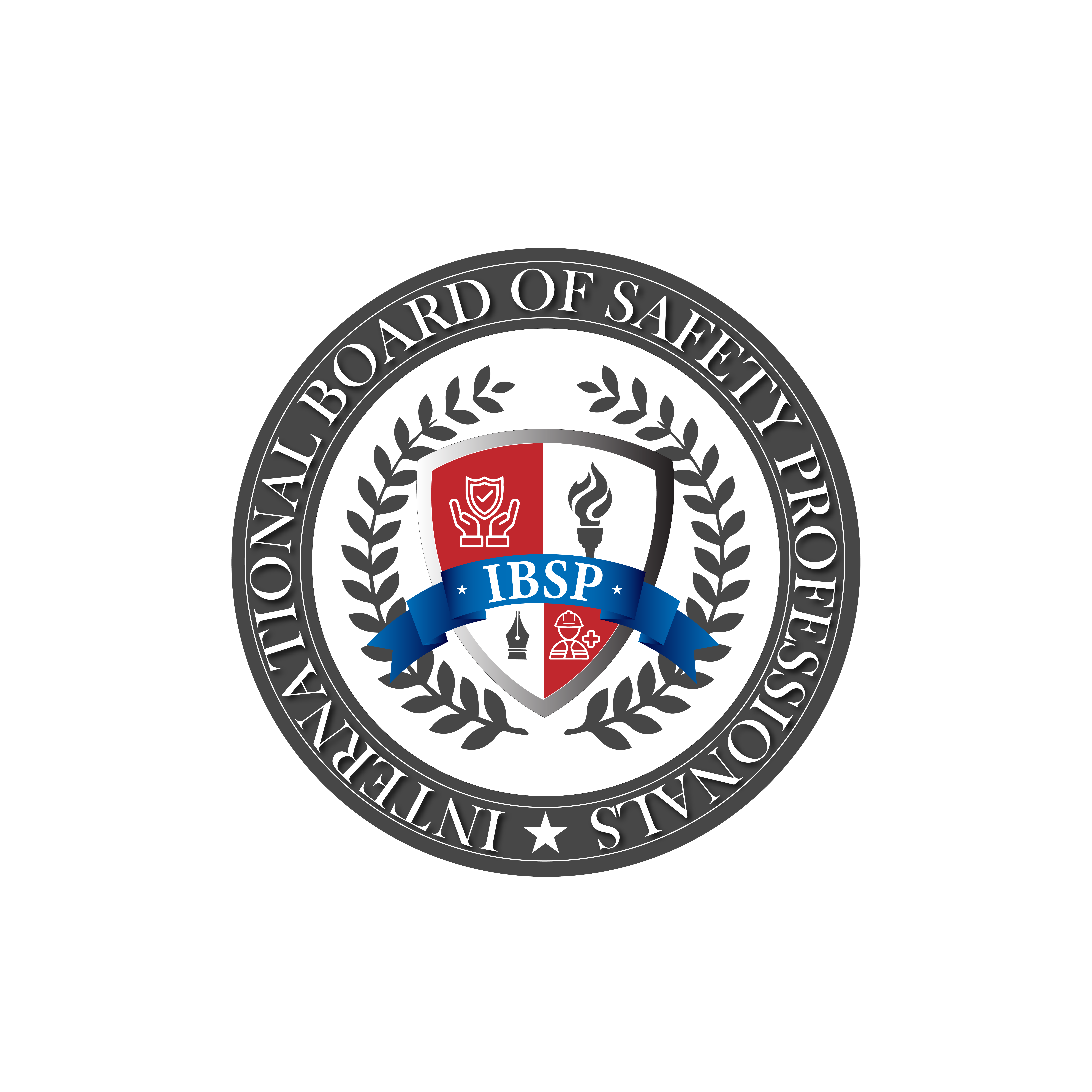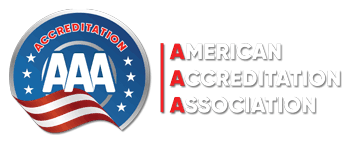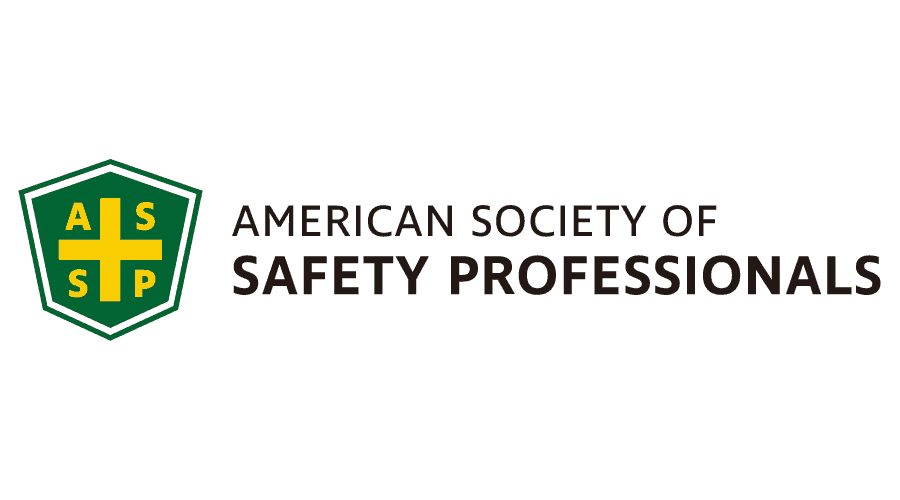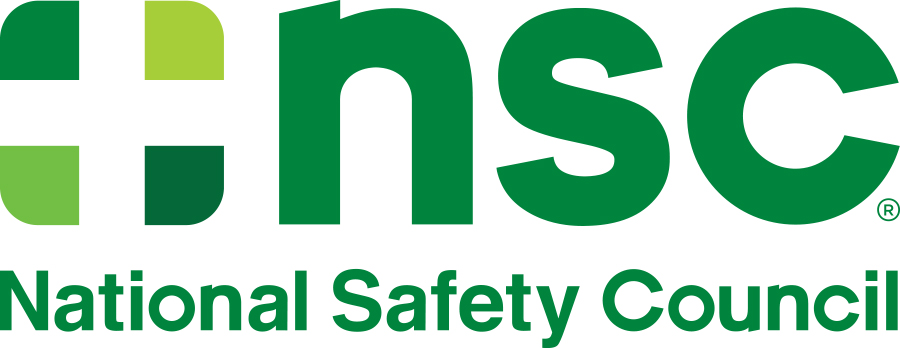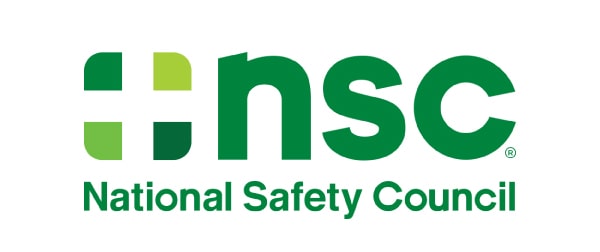IBSP Advanced Diploma in Occupational Health and Safety Management Professionals
Details About IBSP Advanced Diploma in Occupational Health and Safety Management Professionals
Course Overview:
The IBSP Advanced Diploma in Occupational Health and Safety Management Professionals is a comprehensive program for those aiming to excel in health and safety leadership roles. This advanced diploma delves into strategic health and safety management, risk analysis, and effective decision-making for workplace safety. The curriculum covers advanced risk assessment techniques, regulatory compliance, and modern safety management systems essential for senior roles in occupational health.
Participants gain an in-depth understanding of incident investigation, root cause analysis, and proactive hazard control methods tailored to industry standards. Modules also explore organizational safety culture, crisis management, and the psychology of risk, empowering students to implement sustainable safety practices. By the program’s end, graduates are equipped to lead safety initiatives, influence policy, and foster a culture of safety within organizations, effectively balancing productivity with workplace well-being.
Course Modules:
- ARM-021 Module 1 : Advanced Risk Management in Occupational Health and Safety
- In-depth analysis of risk assessment methodologies.
- Advanced techniques for hazard identification and risk control.
- Application of quantitative and qualitative risk assessment tools.
- Case studies on complex risk management scenarios.
- LSM-022 Module 2 : Leadership and Strategic Management in OHS
- The role of leadership in fostering a culture of safety.
- Strategic planning and implementation of OHS initiatives.
- Influence of corporate governance on occupational health and safety.
- Developing and leading high-performing OHS teams.
- LEC-023 Module 3 : Legal and Ethical Considerations in OHS
- Comprehensive review of global OHS regulations and standards.
- Ethical dilemmas and decision-making in occupational health and safety.
- Corporate responsibility and the role of ethics in safety management.
- Legal implications of OHS failures and the importance of compliance.
- AOH-024 Module 4 : Advanced Occupational Health
- Management of occupational diseases and long-term health issues.
- Design and implementation of workplace health surveillance programs.
- Occupational health risk assessments and control measures.
- Integration of occupational health with workplace wellness programs.
- MER-025 Module 5 : Crisis Management and Emergency Response
- Developing advanced emergency preparedness and response plans.
- Managing large-scale incidents and crises in the workplace.
- Business continuity planning in the context of occupational safety.
- Communication strategies during emergencies and crises.
- EHF-026 Module 6 : Advanced Ergonomics and Human Factors Engineering
- Ergonomic program development and implementation in complex environments.
- Advanced methods for analyzing human factors in workplace design.
- The impact of technology and automation on ergonomics and safety.
- Addressing ergonomic challenges in diverse work settings.
- SMI-027 Module 7 : Occupational Safety Performance Measurement and Improvement
- Key performance indicators (KPIs) for occupational health and safety.
- Advanced techniques for monitoring and measuring safety performance.
- Continuous improvement models in safety management.
- Data analysis and reporting for OHS performance.
- EMS-028 Module 8 : Integrated Safety, Health, and Environmental Management Systems
- Design and implementation of integrated SH&E management systems.
- Auditing and certification processes for SH&E management systems.
- The role of sustainability in SH&E management.
- Case studies on successful integration of SH&E systems in organizations.
Who Needs IBSP Advanced Diploma in Occupational Health and Safety Management Professionals?
- Health and safety managers and senior officers.
- Professionals responsible for designing safety policies and strategies.
- HR managers overseeing workplace health and safety programs.
- Project managers and operational leaders in high-risk industries.
- Safety consultants seeking advanced expertise.
What Are the Benefits of IBSP Advanced Diploma in Occupational Health and Safety Management Professionals?
- Master advanced risk management and hazard prevention techniques.
- Develop skills to lead safety audits and compliance assessments.
- Gain insights into fostering a culture of safety within organizations.
- Increase eligibility for senior and leadership roles in occupational health.
- Strengthen ability to make strategic safety decisions aligned with regulatory standards.
Assessment Systems:
The assessment structure includes:
- Module-based assignments and applied projects.
- Case studies focusing on advanced safety scenarios.
- A final project or dissertation on a relevant safety management topic.
- Written and practical examinations to gauge expertise in advanced safety management.
Course Duration:
The program is designed to be completed in 6 months.

